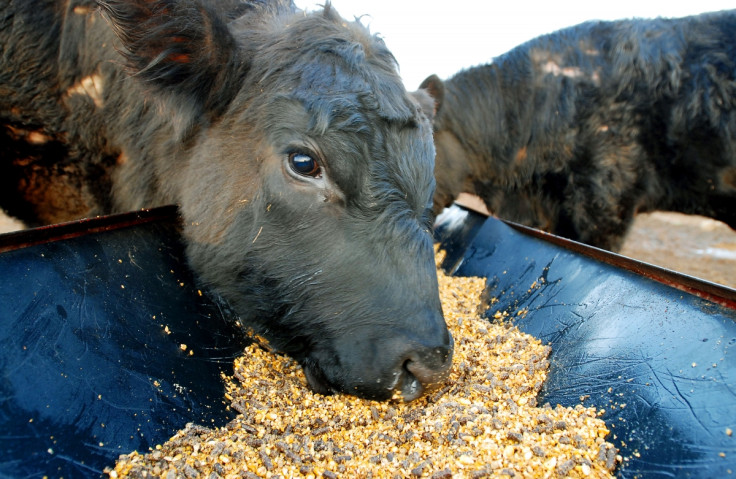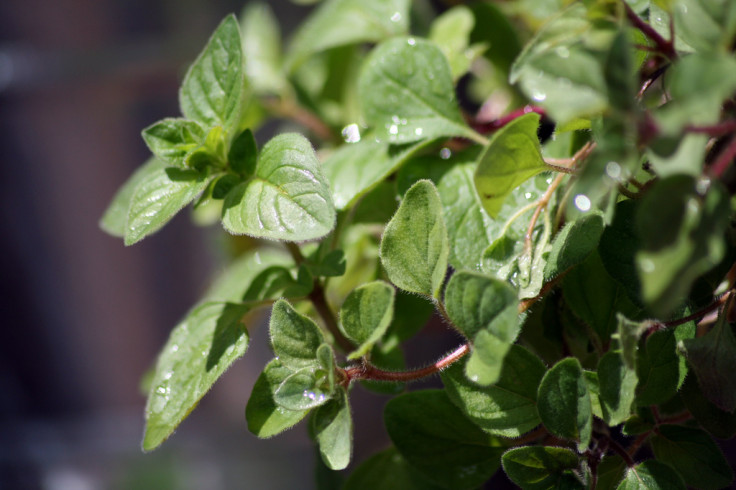Denmark: Oregano could prevent cows from burping methane and ultimately destroying the planet

Scientists are planning a study which will aim to reduce the amount of methane emitted from cows. The climate change-causing gas could be reduced by as much as 25% according to the researchers, who have come up with a theory which uses the natural herb oregano.
The four-year project from Aarhus University, Denmark, will involve adding organic oregano to cattle feed. The herb has high contents of essentials oils and has an antimicrobial effect, which the researchers believe will be enough to reduce the amount of methane produced in the cow's rumen – the part of the stomach where the gas is made.
Kai Grevsen, project manager said: "The goal is to show that we can reduce methane emissions from dairy cows by up to 25% by adding oregano to the feed." He added: "Should the results be positive, they can be implemented on all cattle farms, conventional and organic, so there is a really large potential."
Methane's greenhouse effect is 25 times more powerful than carbon dioxide; and although it is emitted in far less quantities than the more common CO2 – roughly 10% of all human greenhouse emissions are methane – it is far more effective at trapping radiation.

Cows produce between 200 and 500 litres of methane every day, through belching and flatulence. Therefore, a single cow's contribution to climate change every year is the equivalent of driving more than 7500 miles in the average car.
The researchers believe they can reduce the cow's greenhouse contribution by adding organic, Greek oregano into their diet. They say the plant is a natural remedy for reducing the gas produced due to its antimicrobial properties.
With that knowledge, they will test how different amounts of the herb affects the cows, to try and find an optimum amount to be added to their food, which is both healthy for the cow and healthy for the environment.
Their study will also take into account the need to produce large amounts of the herb to cater for the 1.5 billion cows and bulls living on Earth.
"To succeed with the oregano project in practice, it is essential that we develop a product that has both a high yield and a high concentration of essential oils," said Grevsen. "We also need to develop an organic farming concept and breed new varieties with higher concentrations of the oils."
As an added bonus, the scientists also have a smaller mission on the side. They will analyse the milk from cows being used in the study, to see if it can be used an 'environmentally-friendly' product. Oregano reduces the fatty acid composition of the milk, and researchers will be using volunteers to test its taste too.
Global meat production is projected to increase to 465 million tonnes by the year 2050. That is more than double the amount produced in 2001 at 229 million tonnes.
© Copyright IBTimes 2025. All rights reserved.






















